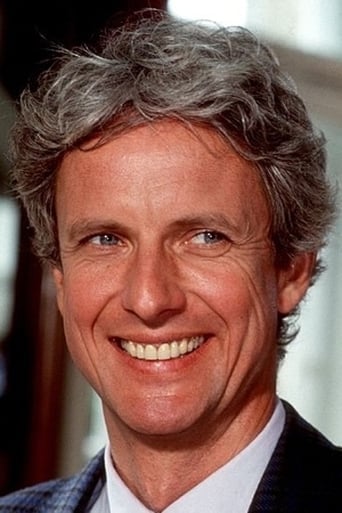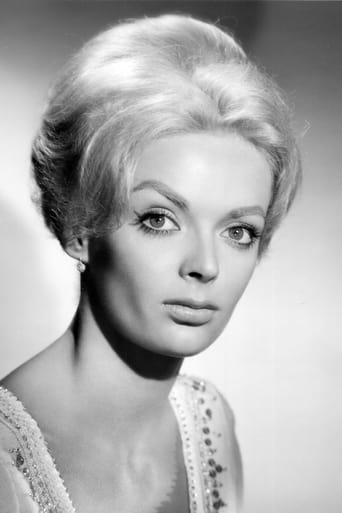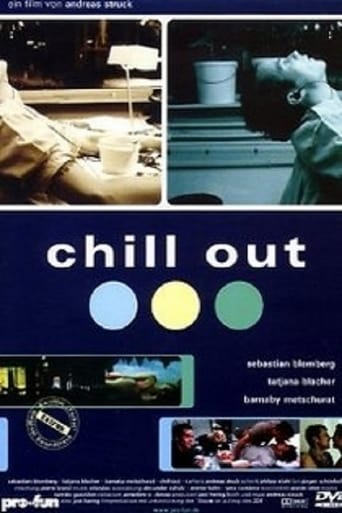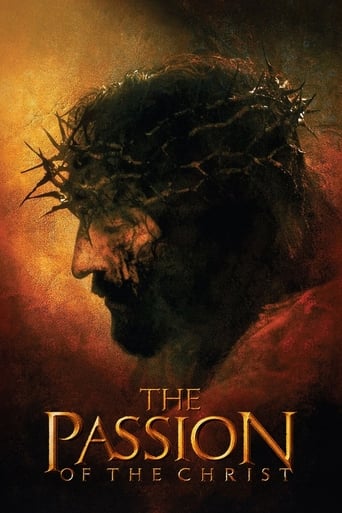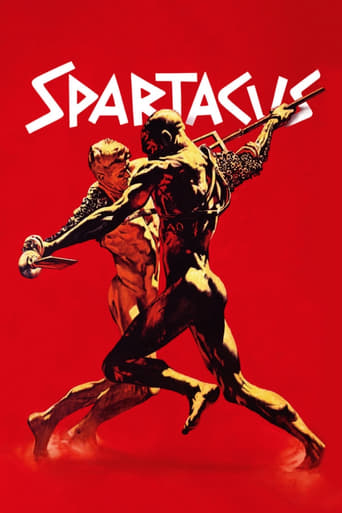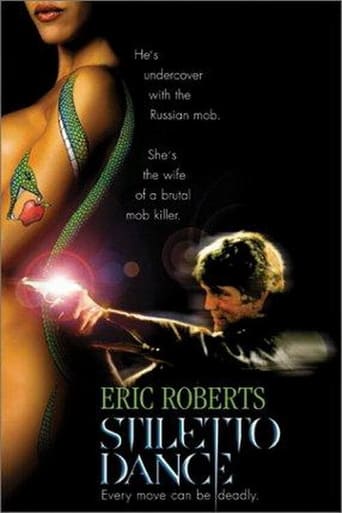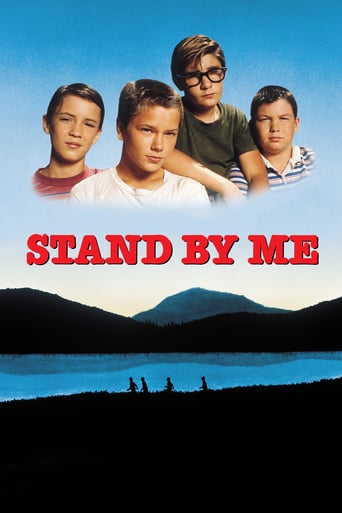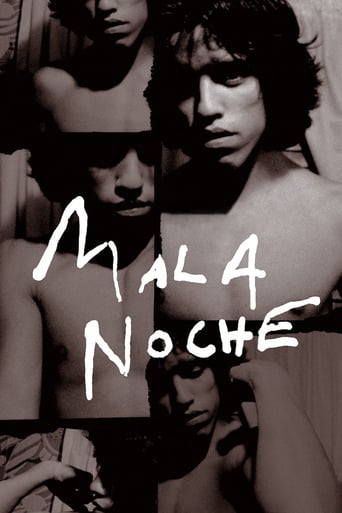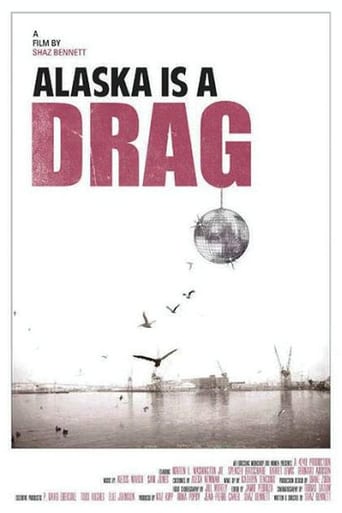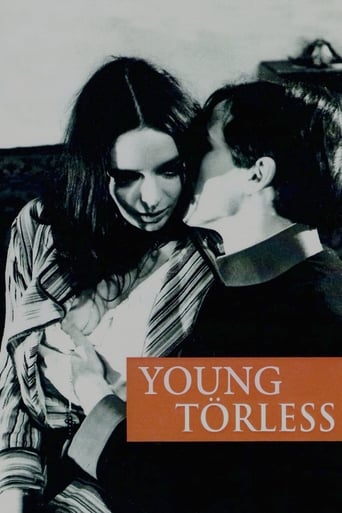
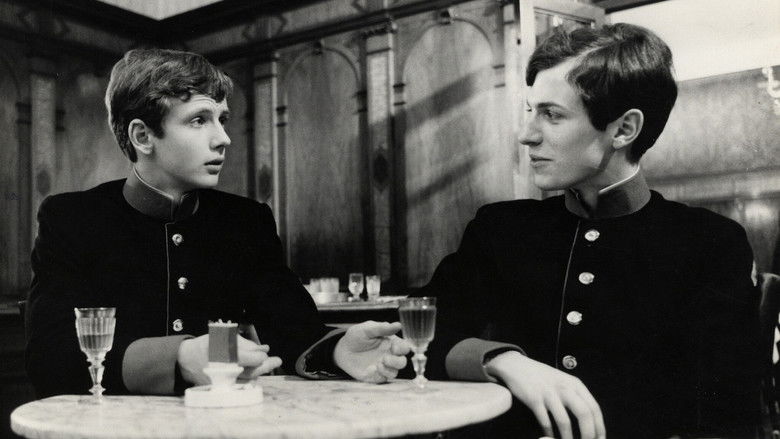
Young Törless (1966)
At an Austrian boys' boarding school in the early 1900s, shy, intelligent Törless observes the sadistic behavior of his fellow students, doing nothing to help a victimized classmate—until the torture goes too far. Adapted from Robert Musil's acclaimed novel, Young Törless launched the New German Cinema movement and garnered the 1966 Cannes Film Festival International Critics' Prize for first-time director Volker Schlöndorff.
Watch Trailer
Cast
Similar titles

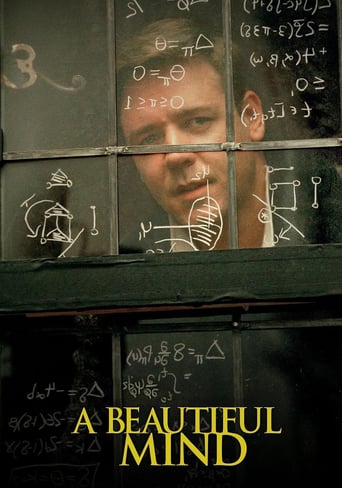
Reviews
Great Film overall
The plot isn't so bad, but the pace of storytelling is too slow which makes people bored. Certain moments are so obvious and unnecessary for the main plot. I would've fast-forwarded those moments if it was an online streaming. The ending looks like implying a sequel, not sure if this movie will get one
It is neither dumb nor smart enough to be fun, and spends way too much time with its boring human characters.
A terrific literary drama and character piece that shows how the process of creating art can be seen differently by those doing it and those looking at it from the outside.
I selected this DVD off a library shelf at random. I had never heard of Young Torless. My idle curiosity was well rewarded. The film belongs in the same league with Loneliness of the Long Distance Runner, Zero for Conduct, Lord of the Flies, or other similar works. Perhaps there is allegory here, a foreshadowing of the murderous future of the Germanic peoples. Or maybe a nearer, smaller-scale atrocity: several scenes are as chilling as eavesdropping on a Leopold and Loeb strategy session.This is expertly crafted film making. Everything – casting, shot composition, editing, plot structure – works. Barbara Steele landed one of the great roles of her career. The music is especially effective. Hans Werner Henze's use of modern tonalities played on ancient instruments functions perfectly, achieving the film score ideal that complements the picture and other sounds, a Greek chorus without words. Aided by Henze's score, some of the scenes in Young Torless brought back with painful clarity many a sad, bleak, cloudy-morning memory of sophomore year in high school.
Toerless was among the recommendations I got in my MovieLens account. When I finally decided to give it a go, I read the back of the DVD box and thought, "this looks dry and pedantic." My initial estimate was supported. Toerless is about dreary people who make dreary choices. Three students make it their job to judge a fourth whom they find to be a thief. The intellectualizing and discussions among the three are just rationalization for bullying. And the movie is really not much more ponderous or enlightening than this. None of the characters is one I'd have any respect for, Toerless included; they are all creatures of the author and director who wish to teach us something. Even a professor who at first is interested in Toerless' fascination with imaginary numbers is made to be whimpy and unsympathetic. Toerless is a humorless film that forces us to view this world through a lens of a single issue. I'd say it was tedious rather than edifying.
Young Toerless is some kind of whizz kid,ahead of his time.Played by the phenomenal Matthieu Carrière -who was only 16 at the time;I 'm looking for another actor ,able to play such an intellectual part,at such an early age!-He worries about imaginary(complex) numbers.For him,a square is positive,so the existence of such numbers (the square root of -1 can be i or -i)eludes him.He admits they are useful in geometry(rotations,similitaries)or trigonometry or even to build bridges,but he 's got to admit it without understanding the mathematical concept(You'll find out when you know ten times more in maths,the teacher says)During the movie,he will discover that a lot of things in life have to be admitted without a proof.The film takes place in an old secondary school,in Austria,at the beginning of the 20th century,while Francis Joseph-whose photographs are pinned everywhere- was still the regnant emperor .This is the end of an era ,1914 is not far away. An iron discipline,students in uniform,the necessary and sufficient condition for the emergence of oppressors and their punching bag.Two students choose one of their mates as a victim (to make up for their frustrated sexuality,because of a latent homosexuality?Ascene in which they're looking at erotic photographs is telling)And not the first to come!Someone different.Only difference can lead to inferiority. The poor lad stole some stuff,and now his mates can threaten him to reveal the whole thing to the teachers if...So begin more and more sadistic scenes,culminating with the one at the gymnasium(A symbol : a punch bag is generally a sport outcast) where almost everyone inflicts moral and physical tortures on him.The former is the most humiliating:one of the cowards reads a letter from the unfortunate boy's mother,a widow sometimes unable to make ends meet-all the others are very rich kids-,making a fool of her.And Toerless?He's primarily a spectator.Not exactly a peeping tom,but someone who uses the whole school,and its particularities,as an experiment behind closed doors.Evil exists as imaginary numbers do,we have to cope with it,even if we cannot understand its source.He will not intervene to help his neighbor,worse,he will shun the sound and the fury,which may infuriate many people who watch this movie.Actually,for Toerless, and for the teachers-who do not seem to be that much angry when they discover the horrible things that happen behind their walls,they are worthy forerunners of Nazis who thought the feeble ,the sick and the "different" one had to be eliminated-,the punch bag story is almost an abstract fact,which they intellectualize to a fault.Matthieu Carrière has never made the career he deserved."Die jungeToerless" is not exactly an entertaining movie,but if you are looking for something different,this might be your cup of tea.
Considered a classic film as it was the first film to put the then New German Film firmly on the (international) map. Also a classic because it was Schlöndorf's first feature and it is still thought highly of. To be sure, this is a beautiful film to watch with its superb black-and-white cinematography; Schlondörf's direction makes it into a well paced and staged, stylish film. But I never liked the film; recent re-viewing confirmed my feelings.Schlöndorf wants to do more than simply bring the viewer the subject and with that the whole thing goes wrong. In trying to convey the deeper meaning of the story as clear as possible the script is written in such way that even the most simple minded can not miss it. The film is lecturing without any subtleties; Schlöndorf never provokes the viewer to think for himself: he has already done it for him. Nor is there any nuance in the psychology of the different characters.And what about the cast? In 1966 (and still) praised for their effort as inexperienced actors. Well, I think that most of the acting is downright poor, or never goes further than reciting lines. In the meantime we have come to know Mathieu Carriere better during his career; Carriere is in this his first film as boring as he still is. Of course the actors were not helped much by the literary dialogue, another feature that was (and is) praised so much; most of it I find simply laughable. Classic miscast is Barbara Steele, who seems to have walked in from the set of a typical sexploitation film, including acting style.
